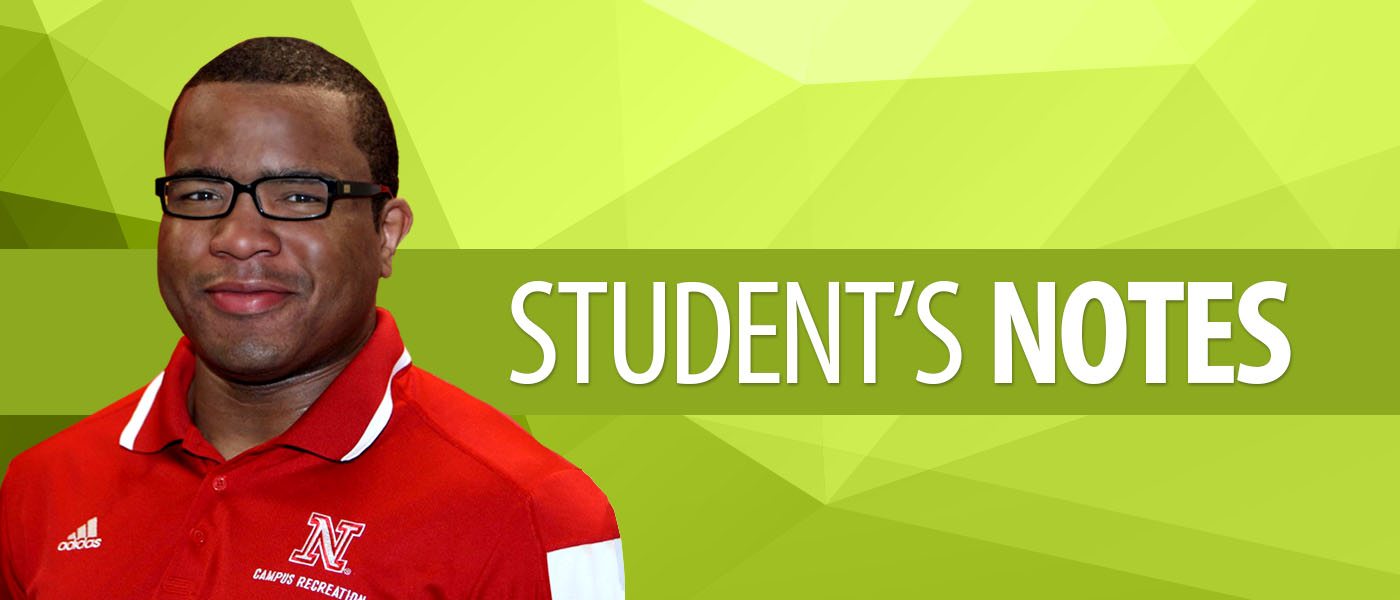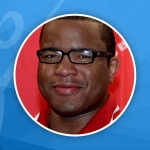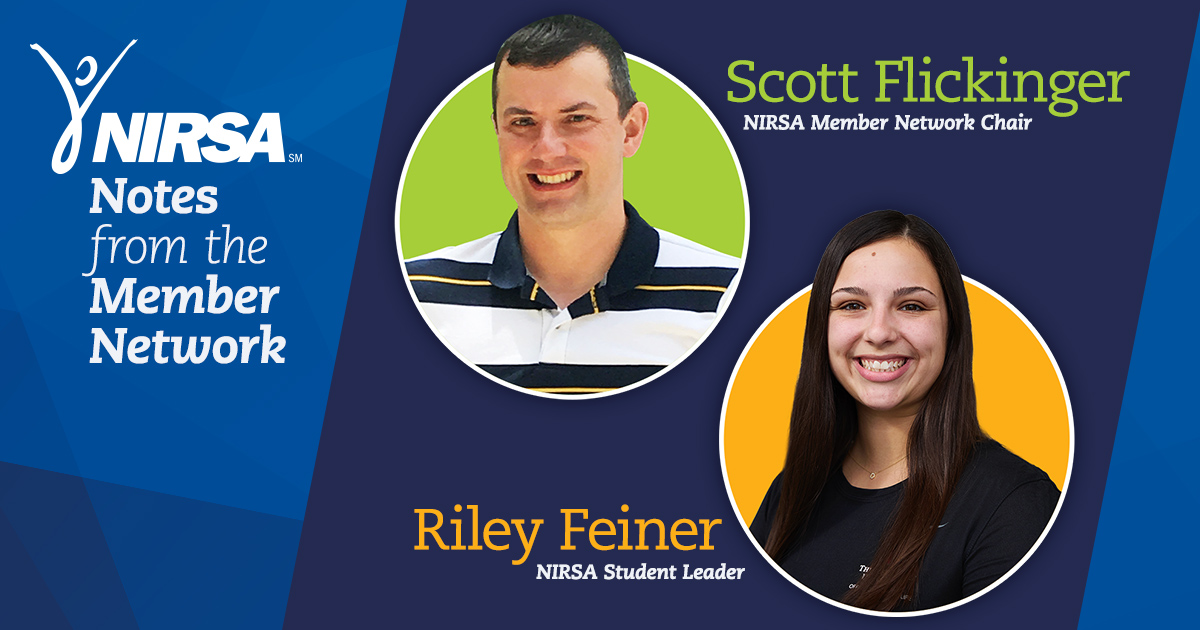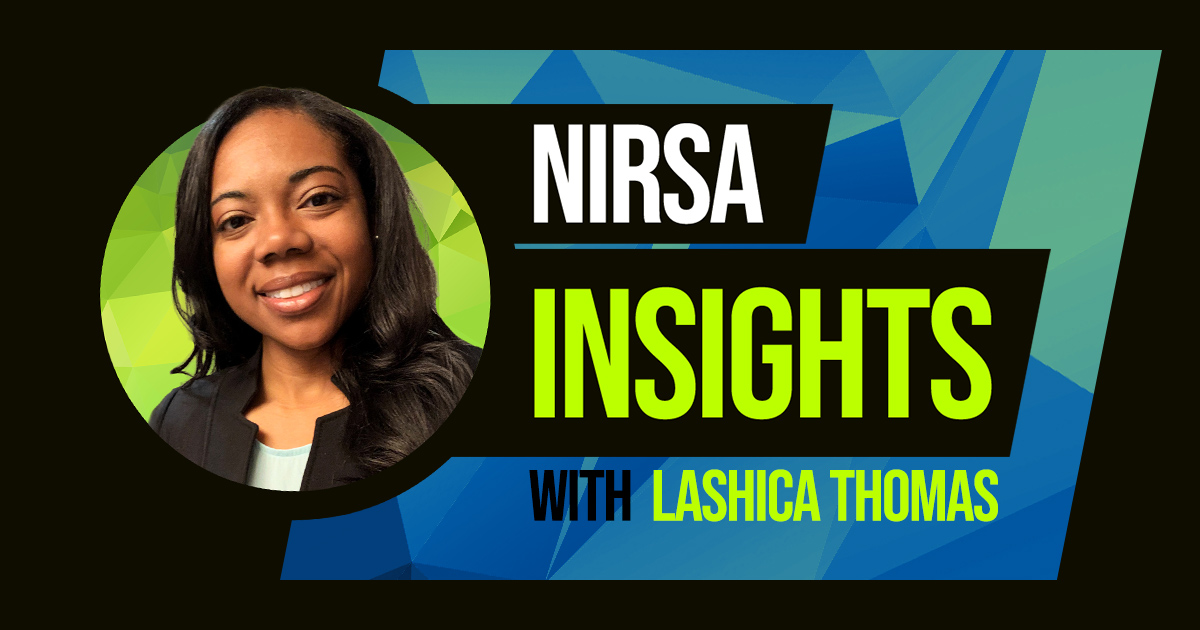NIRSA sets itself apart with the professional development opportunities it offers students. Students can create their own professional network by engaging in conversations with individuals they look up to. In my case, I have been able to take bits and pieces from professionals that I wanted to emulate.
Creating a network of influence starts with pinpointing the characteristics you wish to obtain. Throughout my career, I have been influenced and moved by specific people. I am motivated and inspired in the way they handle themselves, situations, and others. The more I learn about them, the more I want to know and learn.
I watch carefully how my mentors operate at work, their philosophy of life, their priorities, and how they balance work and family. More than anything I want to make an impact on others the way my mentors impacted me. I want to lead others the way my mentors led me. I want to teach and help people grow, just as my mentors taught and helped me.
I believe there are two possible routes to achieve a desired mentor/mentee relationship. The first is the organic route. These are relationships built on similar interests and they can evolve into a lifelong friendship out of pure coincidence. The organic mentorship comes easy and communication flows with ease between the mentor to the mentee. The mentor and mentee have things in common, and it’s easy for them to relate to each other because they have shared experiences.
The second route stems from the desire of the mentee to “be like” someone they look up to. They have every intention of learning and understanding how their role model operates and what forms of communication need to be worked on. It is crucial to be open-minded and willing to accept different perspectives. In this relationship, listening is easy, but comprehension may not be.
Comprehending the lessons of the mentor takes time because the mentee may be starting from scratch rather than from a shared experience. Additionally, applying what is learned can be a constant uphill battle in the beginning, with missteps and hiccups along the way.
Both types of relationships require work, but mentorship is the cornerstone of growth and development. I often find myself learning more from coaches and mentors than from the theories I find in a textbook. I have learned that a #GreatLeader is humble and knows when to allow others to step forward. My advice for anyone trying to build their network and become a better leader is to learn, take calculated risks, and be open minded enough to grow to fill the role you are striving to fill. Be open to learning and embrace the relationships you build along the way.
One way to get started is through the NIRSA Mentor Program. The Student Leadership Team will find you a mentor or mentee in your area of interest and help you start developing into the leader you wish to become. I also encourage you to seek out people who live your values and ambitions and take the chance to reach out to them. Remember you will always miss if you never take the shot.
Corbin Ross is currently the Strength Training & Conditioning Graduate Assistant at the University of Nebraska.






